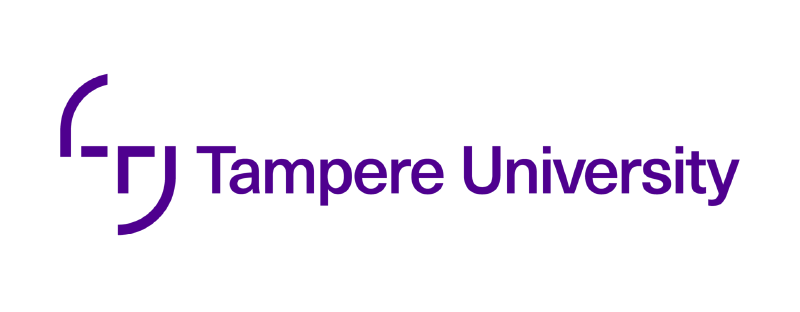The other type of meta-analysis is a systematic literature review, which usually has a theoretical aim of generalising many scientific papers on a topic of interest. Literature reviews map how the evidence found from certain papers supports some concepts (Kucirkova, 2017) or how some concepts have developed (Spante et al., 2018). In a systematic literature review, the papers are categorized in several ways and those categories are handled as new variables that can be descriptively analysed. The empirical data of each individual paper is not re-analysed.
Pros
A meta-analysis is the type of study that can be done effectively in co-operation with several researchers, as there are many stages where double-checking and categorising would yield the best results.
Teamwork helps to decrease the probability of researcher bias, meaning that a single researcher may be inclined (unconsciously or consciously) to include only the papers that would support his or her views. After all the potentially relevant papers have been collected, it would be useful to perform the selection of the papers that can be included in the meta-analysis in a parallel categorisation process conducted by several researchers.
Cons
It is not so easy to find the relevant papers for meta-analysis. This problem arises because, especially in the social sciences, researchers are inconsistent in naming the phenomena that they study or even the methods they use. For example, the term digital literacy also appears as digital literacies and digital competence (Spante et al., 2018). Similarly, design-based research methods, for example, has several names and is also referred to as a living lab or R & D project (Tuvi & Okkonen, 2021). Especially in the field of digital products and digital environments studies, the technology develops rapidly and brings about new aspects of previously studied phenomena. Hence, the names of the phenomena also change. In order to include all named versions of the phenomenon that is meta-analysed, it is useful to make a list of key terms that should be searched and discussed with several experts in the field.
It requires finding all relevant papers as well as the dedication of many work hours for the reading of papers which sometimes may prove not to be important for the research question one has in mind.
-
Project CO:RE: Miriam Rahali on how to construct and visualise citation networks for systematic literature review
-
Project DigiGen: ICT use across Europe – a literature review and an overview of existing data, Children’s ICT use and its impact on family life – literature review
-
Project YSkills: a systematic evidence review on digital skills
-
Project CO:RE: Miriam Rahali on how to make a theoretical contribution to the field
-
Kucirkova, N. (2017). An integrative framework for studying, designing and conceptualising interactivity in children’s digital books. British Educational Research Journal, 43(6), 1168–1185. https://doi.org/10.1002/berj.3317
-
Spante, M., Hashemi, S. S., Lundin, M., & Algers, A. (2018). Digital competence and digital literacy in higher education research: Systematic review of concept use. In Cogent Education (Vol. 5, Issue 1, pp. 1–21). Taylor and Francis Ltd. https://doi.org/10.1080/2331186X.2018.1519143
-
Tuvi, I., & Okkonen, J. (2021). Data in Educational Living Labs. Information Technology and Systems. ICITS 2021., 138–145. https://doi.org/10.1007/978-3-030-68418-1_15


